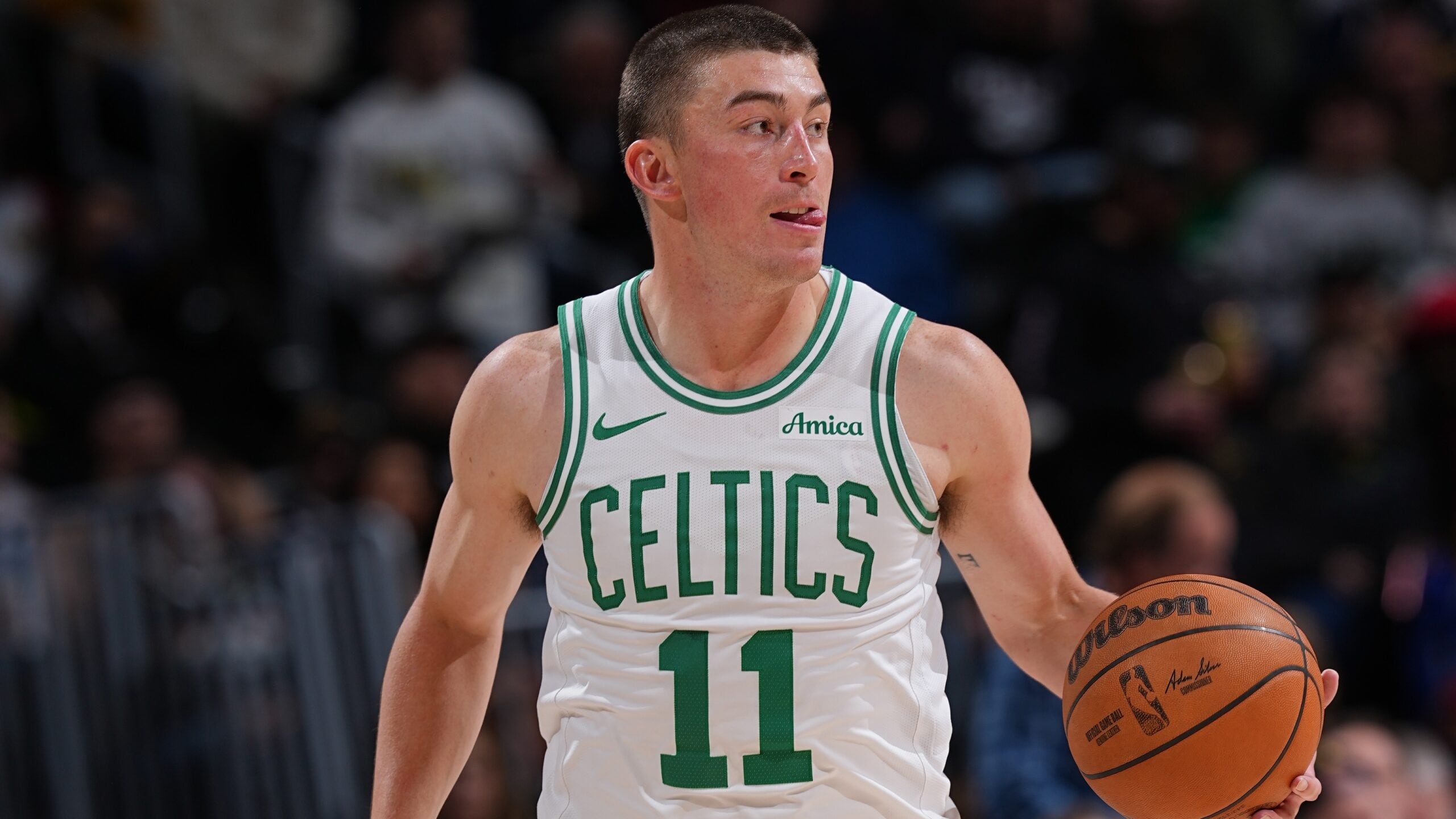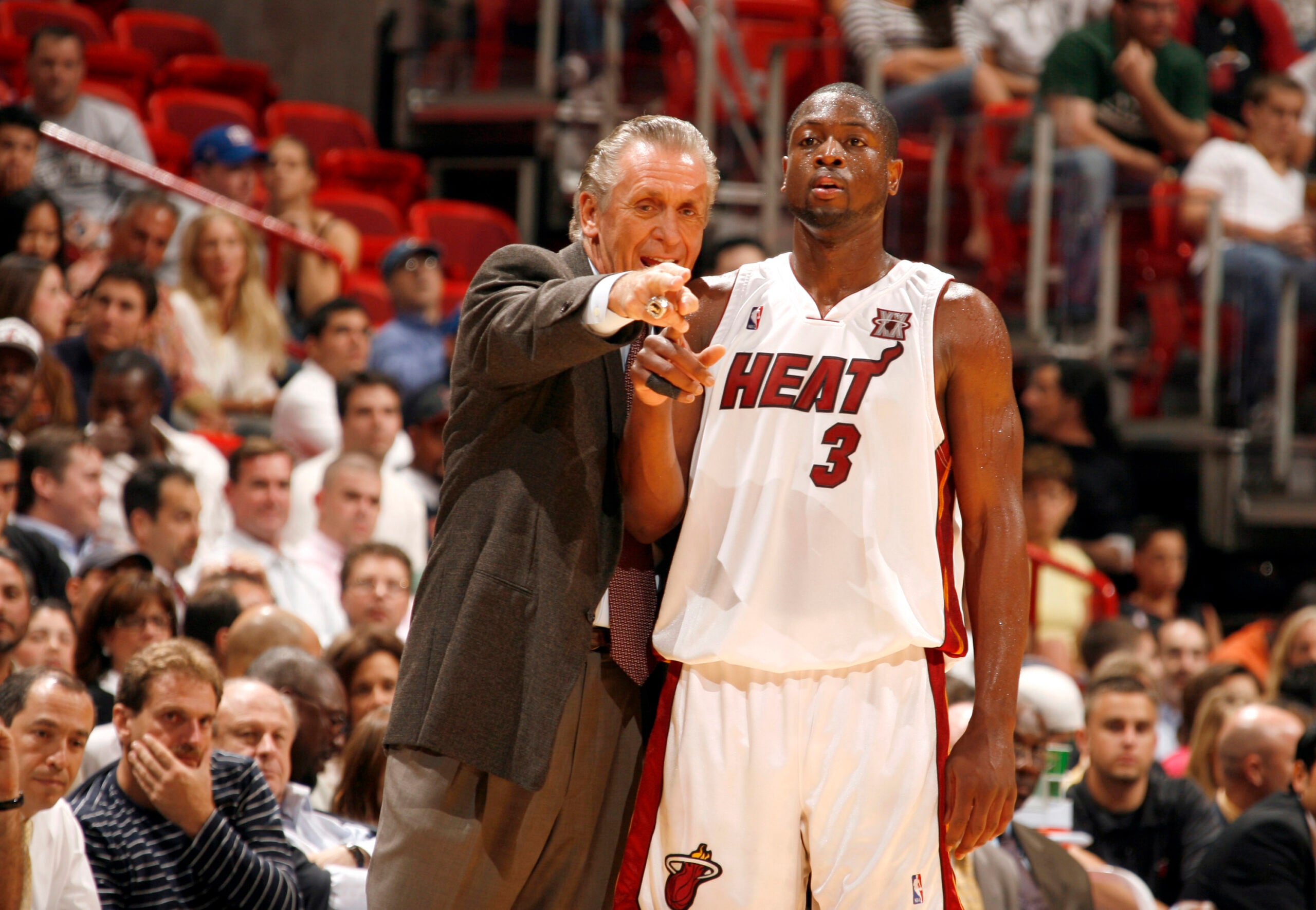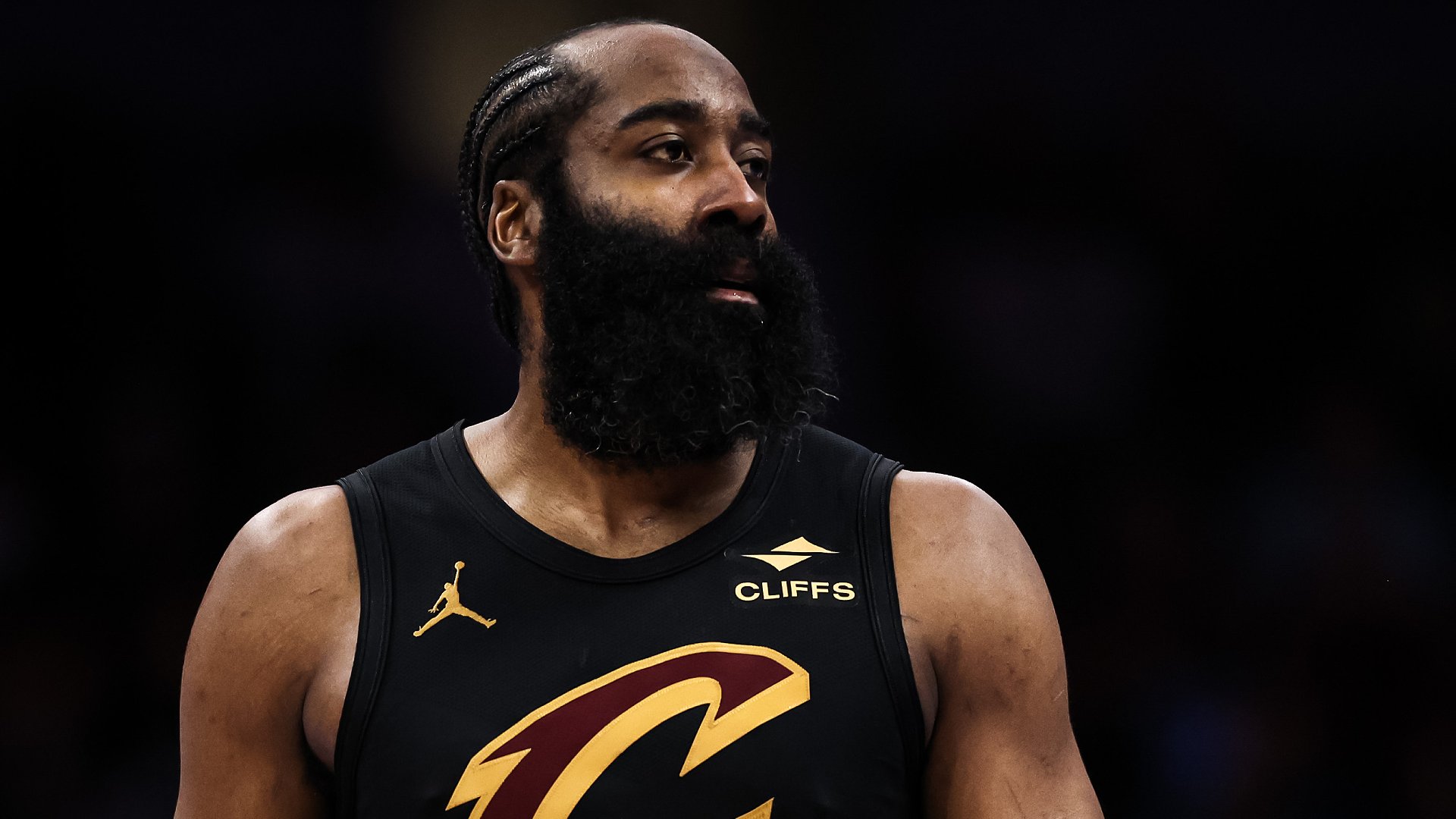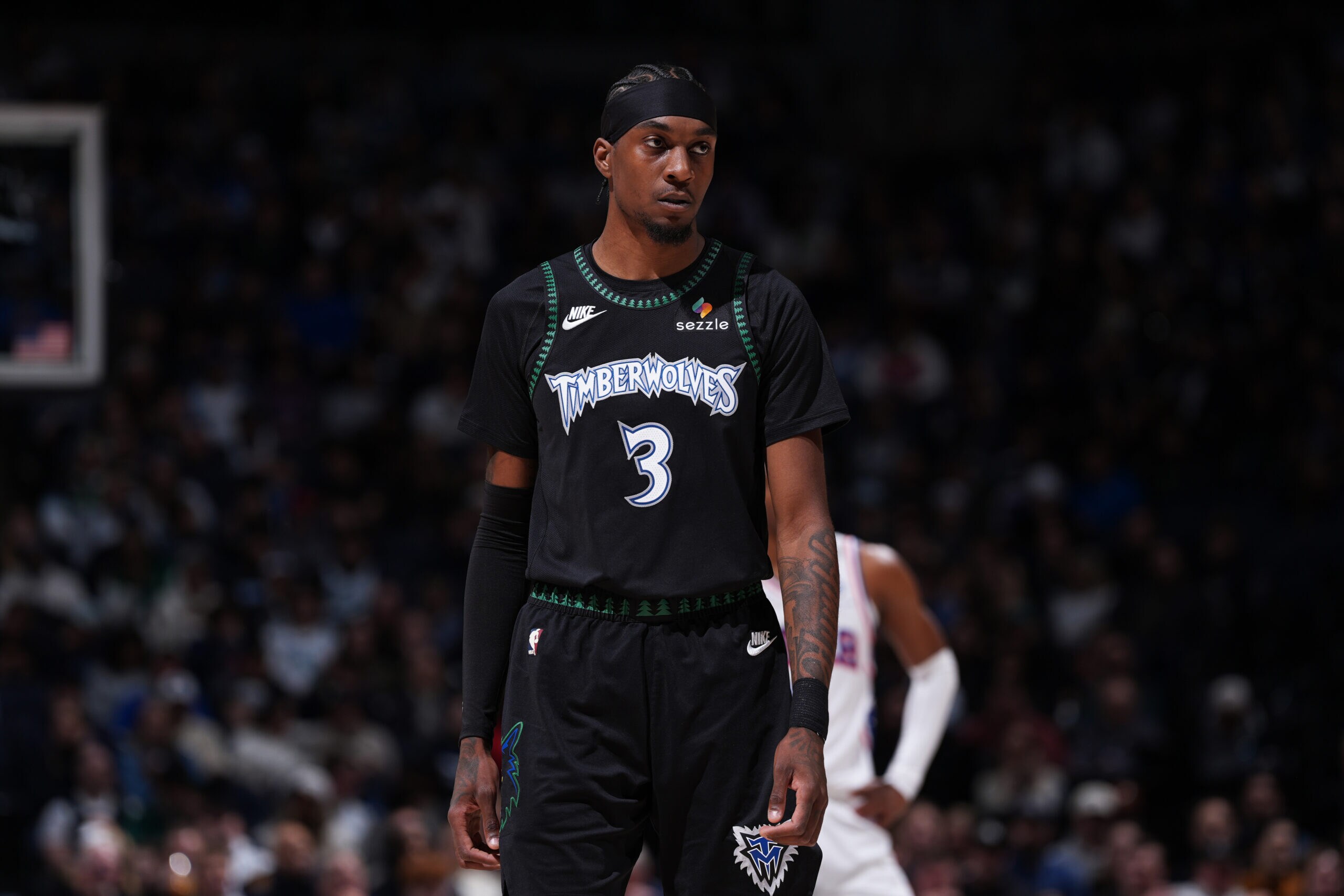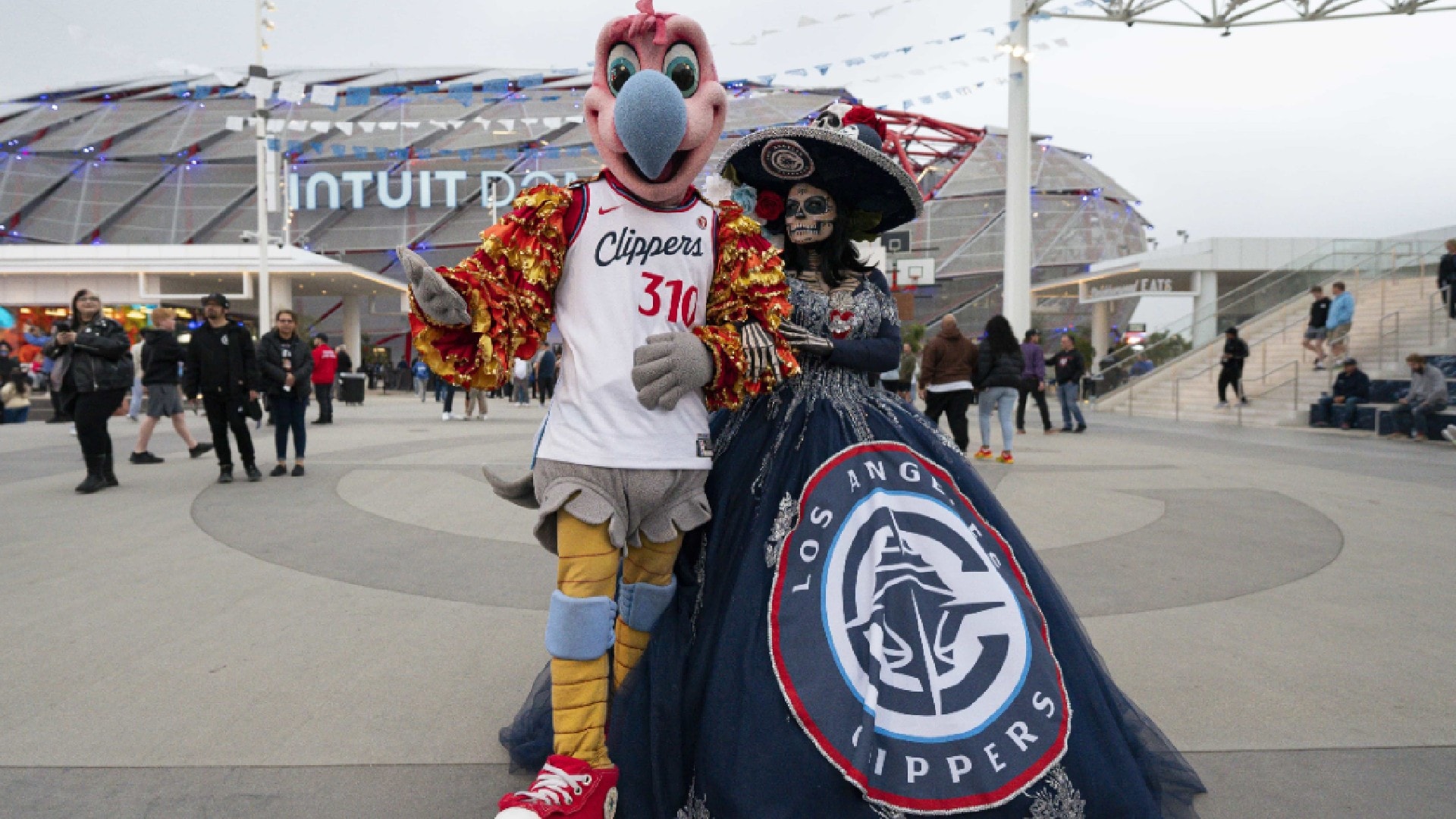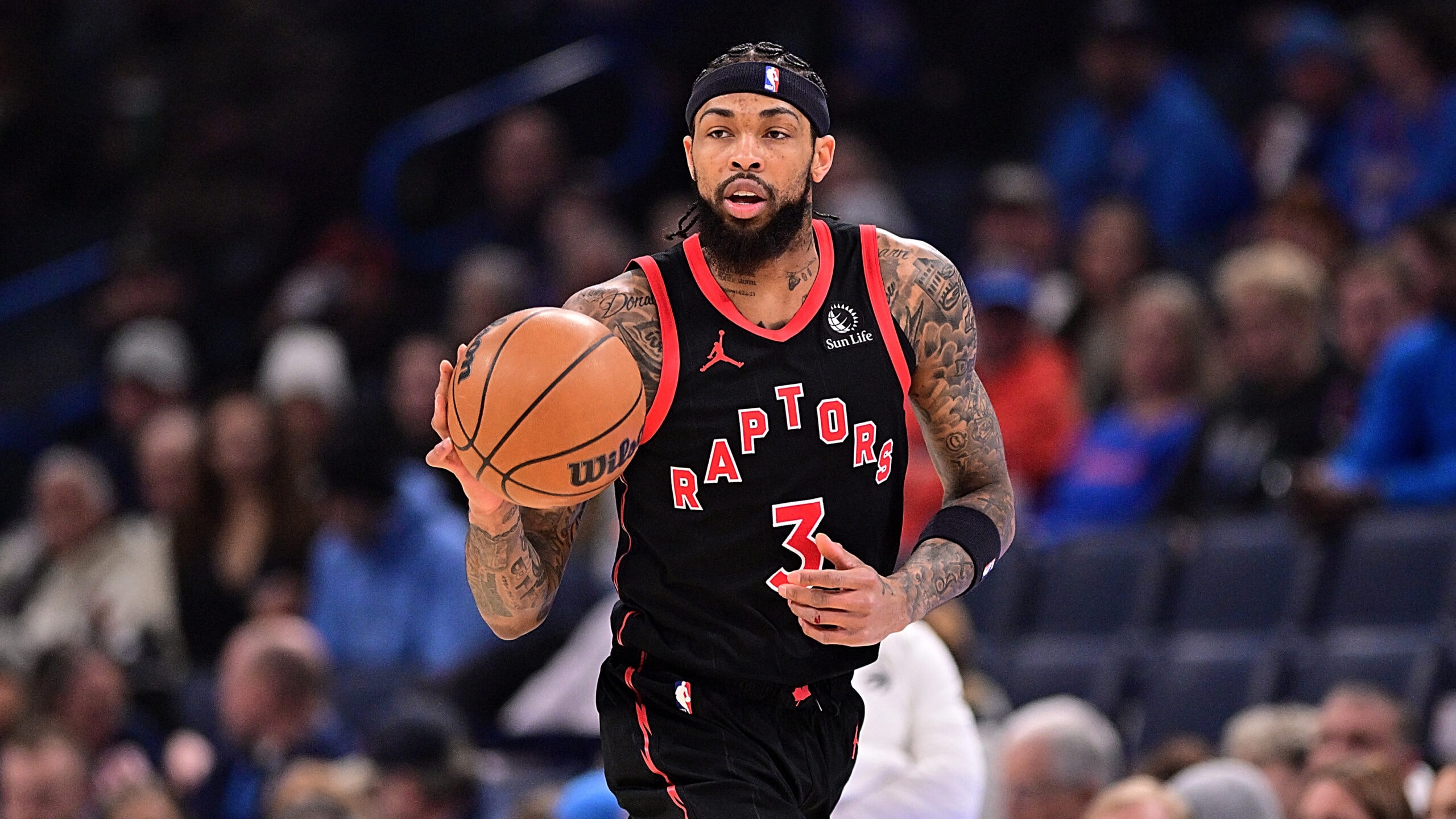After winning their 1st title of the Oklahoma City era, the Thunder accept the league's 2025 championship trophy.
OKLAHOMA CITY — The Oklahoma City Thunder are a unique NBA champion, incredibly young and absolutely dominant.
With an average age of 25.6 years, the Thunder are the second youngest championship team in league history, older than only the 1976-77 Portland Trail Blazers.
They not only have young veterans, but also ranked ninth in the percentage of their regular-season minutes (23%) that came from rookies or second-year players. None of the eight teams that had a higher percentage made the playoffs, with the 36-46 Portland Trail Blazers being the best of them.
And though the NBA Finals went seven games, the Thunder are, statistically, one of the best teams in NBA history.
Here are three numbers to know about the 2024-25 NBA champs:
1. A historic point differential
The Thunder are just the fourth team in NBA history to win 84 games, joining the 2015-16 Golden State Warriors (88-18), 1995-96 Chicago Bulls (87-13) and ’96-97 Bulls (84-17).
Over their 105 games, the Thunder outscored their opponents by 1,243 points, the largest cumulative point differential for any team in NBA history.
Their differential of 11.8 points per game ranks fourth all-time, with a wide gap between them and the fifth-ranked ’71-72 L.A. Lakers.
Teams with average differential of 10+ points per game, NBA history
| Season | Team | W | L | PCT | +/- | Per game | Result |
|---|---|---|---|---|---|---|---|
| 1970-1971 | Milwaukee | 78 | 18 | .813 | 1,208 | 12.6 | Won Finals |
| 2016-2017 | Golden State | 83 | 16 | .838 | 1,184 | 12.0 | Won Finals |
| 1995-1996 | Chicago | 87 | 13 | .870 | 1,194 | 11.9 | Won Finals |
| 2024-2025 | Oklahoma City | 84 | 21 | .800 | 1,243 | 11.8 | Won Finals |
| 1971-1972 | L.A. Lakers | 81 | 16 | .835 | 1,055 | 10.9 | Won Finals |
| 2023-2024 | Boston | 80 | 21 | .792 | 1,083 | 10.7 | Won Finals |
| 1971-1972 | Milwaukee | 69 | 24 | .742 | 986 | 10.6 | Lost Conf. Finals |
| 2015-2016 | San Antonio | 73 | 19 | .793 | 963 | 10.5 | Lost Conf. semis |
The Thunder set an NBA record with 12 wins of at least 30 points (regular season and playoffs combined), and they’re also the only team in NBA history with multiple playoff wins by at least 40.
2. Defense still wins championships
The Thunder were the best defensive team in the regular season by a wide margin. They allowed 2.5 fewer points per 100 possessions than the second-ranked Magic, the second biggest differential between the top two defensive teams in the 29 seasons for which we have play-by-play data.
In the playoffs, the Thunder held the Memphis Grizzlies and Denver Nuggets to 19.6 and 15.0 fewer points per 100 possessions, respectively, than they scored in the regular season. Those were the second and 13th biggest differentials for any team in any playoff series in the 29 years for which we have play-by-play data (870 total instances).
The defense was fueled by a remarkable combination of forcing turnovers and rim protection:
- In the regular season, the Thunder registered 10.2 steals per 100 possessions, the highest rate for any team in the last 12 seasons. Their 10.7 steals per 100 possessions in the playoffs were the most for any team that played beyond the first round in the last 26 years. And their 247 total steals in the postseason were 41 more than any team has registered in the 52 years that steals have been recorded.
- The Thunder also led the league in opponent field goal percentage in the restricted area (62.2%), while ranking fifth in the (lowest) percentage of their opponents’ shots (25%) that came there. That first number was identical, while the second was even lower (24%) in the playoffs.
The 108.1 points per 100 possessions that the Pacers scored in the Finals were 9.6 fewer than they had scored through the first three rounds. And the Thunder clinched the title with one of their best defensive performances, holding the Pacers to just 91 points on 92 possessions in Game 7, just the second time in the playoffs that Indiana had been held to less than a point per possession.
3. The Kia MVP caps a historic season
Shai Gilgeous-Alexander earns the Bill Russell NBA Finals MVP after averaging 30.3 points in the 2025 NBA Finals.
Shai Gilgeous-Alexander is the first player in 25 years to win the regular-season MVP, scoring title and Finals MVP in the same year.
He’s also just the fourth different player to average at least 30 points per game for an NBA champion (regular season and playoffs combined), joining Kareem Abdul-Jabbar (1970-71), Rick Barry (1974-75) and Jordan (four times).
Among those seven individual seasons, Gilgeous-Alexander was both the most efficient scorer and averaged the most assists per game:
30 points per game (regular season + playoffs) for league champion, NBA history
| Player | Season | Team | GP | PPG | APG | eFG% | TS% |
|---|---|---|---|---|---|---|---|
| Kareem Abdul-Jabbar | 1970-71 | Bucks | 96 | 30.9 | 3.2 | 56.8% | 59.8% |
| Rick Barry | 1974-75 | Warriors | 97 | 30.2 | 6.1 | 46.0% | 50.8% |
| Michael Jordan | 1990-91 | Bulls | 99 | 31.4 | 6.0 | 54.5% | 60.4% |
| Michael Jordan | 1991-92 | Bulls | 102 | 31.0 | 6.0 | 52.3% | 57.7% |
| Michael Jordan | 1992-93 | Bulls | 97 | 33.1 | 5.6 | 51.3% | 56.2% |
| Michael Jordan | 1995-96 | Bulls | 100 | 30.4 | 4.3 | 51.9% | 57.9% |
| Shai Gilgeous-Alexander | 2024-25 | Thunder | 99 | 32.0 | 6.4 | 55.1% | 62.2% |
eFG% = (FGM + (0.5 * 3PM)) / FGA
TS% = PTS / (2 * (FGA + (0.44 * FTA)))
This is the 24th time (13 different players) that a player has averaged at least 32 points per game over more than 80 games total. Gilgeous-Alexander’s true shooting percentage of 62.2% is the highest mark of those 24 individual seasons.
His 15 playoff games with at least 30 points are one shy of the record held by Jordan (16 in 1992) and Hakeem Olajuwon (16 in 1995). His 12 playoff games with at least 30 points and five assists are the most any player has had in a single postseason.
* * *
John Schuhmann is a senior stats analyst for NBA.com. You can e-mail him here, find his archive here and follow him on X.
The views on this page do not necessarily reflect the views of the NBA, its clubs or Warner Bros. Discovery.





